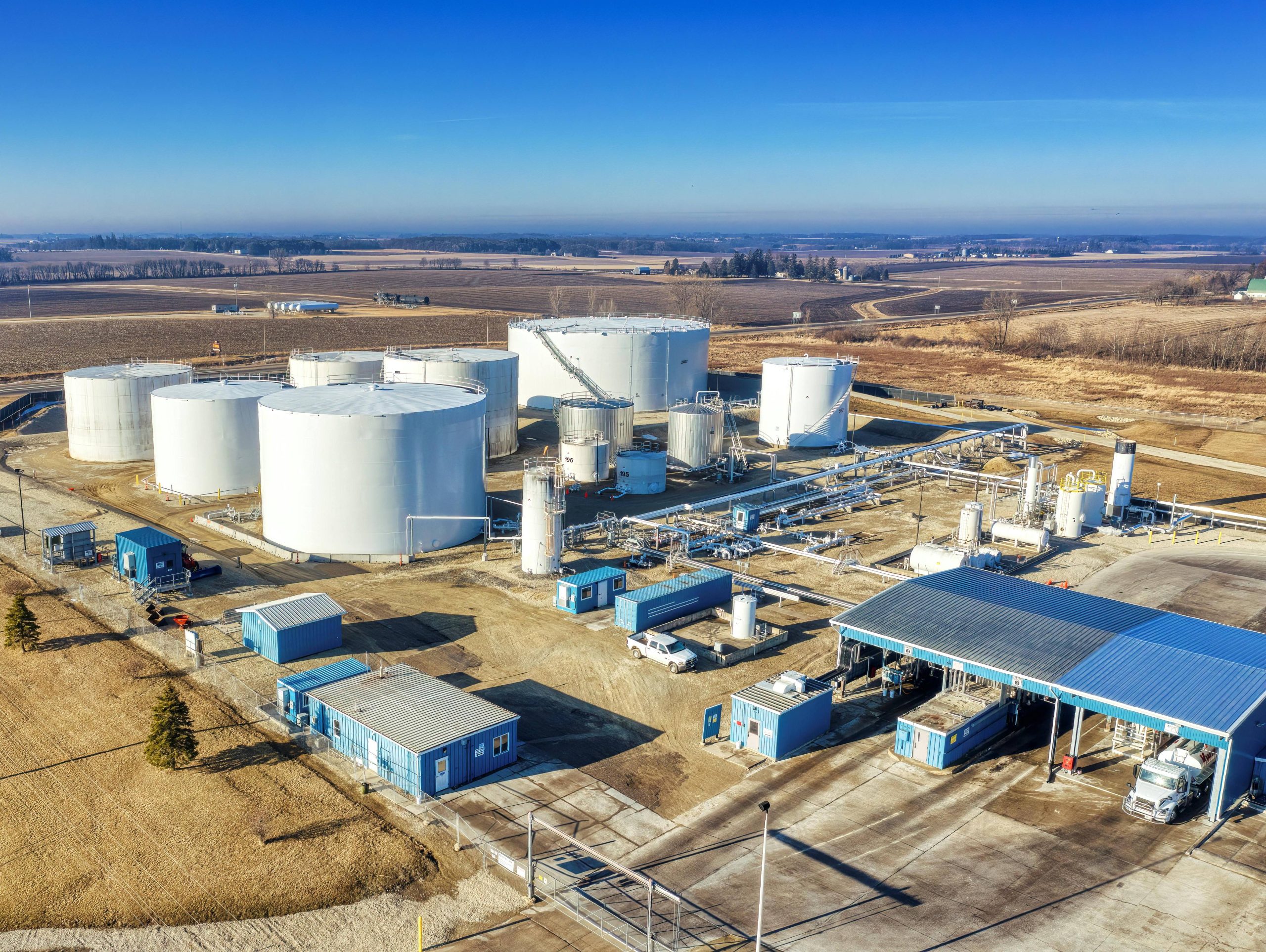Kenyan businesses reported a notable improvement in conditions midway through the final quarter of 2024, with sales growing at the fastest pace since May. This growth led to a moderate increase in output and stronger purchasing activity, although rising input costs contributed to higher price pressures. According to the Stanbic Bank Kenya Purchasing Managers’ Index (PMI), the overall business climate showed positive momentum, with the PMI posting 50.9 in November, up from 50.4 in October.
The PMI reading of 50.9 signalled a sustained, albeit modest, expansion in Kenya’s private sector. Readings above 50.0 indicate an improvement from the previous month, while those below 50.0 signal a contraction. The growth in November marked the highest rate of expansion in six months, with an uptick in new orders and higher sales attributed to increased consumer spending and travel.
However, the growth was not evenly distributed across all sectors. While the services and wholesale & retail sectors saw strong performance, agriculture, manufacturing, and construction recorded declines in new orders. Despite this, the overall sales growth was the best in six months, driving an expansion in private sector activity. The report highlighted that the rate of output growth picked up from October and exceeded the series average.
The growth in output and purchasing activity, which increased at the fastest pace since September 2022, was accompanied by rising input costs. Firms attributed this inflation to higher taxes on purchased items. As a result, average selling prices rose at the strongest pace in nine months, accelerating from October. The increase in charges was observed across all five broad sectors, driven by higher costs and strengthening customer demand.
Despite the pressure on costs, supplier delivery times continued to shorten in November, although the pace of improvement remained marginal. Firms noted that strong competition among vendors and better material supply helped facilitate faster deliveries. This contributed to an increase in stocks, albeit at the softest rate since August.
Job creation across Kenya’s private sector was tempered in November, even as some businesses took on additional staff due to higher workloads and larger marketing budgets. Most companies, however, kept their workforces stable. While there was a slight uptick in outstanding work volumes, the overall job growth remained slow.
Looking ahead, business expectations for the next 12 months remained relatively weak, with just 8% of firms anticipating higher activity. Positive outlooks were largely tied to new marketing efforts, digital technologies, and branch expansions.
Christopher Legilisho, Economist at Standard Bank, commented on the findings, stating, “The Stanbic Bank Kenya PMI data for November reveals a private sector growing in optimism about current economic conditions. The PMI rose to 50.9, indicating an expansion in business conditions for the second consecutive month, driven by improved output and new orders amidst stable employment.”
Legilisho added that new orders grew at the fastest pace in six months, with higher sales driven by consumer spending and increased travel. However, the growth was not uniform across all sectors, as sales declined in agriculture, manufacturing, and construction. Despite the positive momentum in November, firms remain cautious about the future, with concerns about rising costs and the overall economic outlook dampening business expectations.
In summary, while Kenya’s private sector showed positive signs of growth in November, with strong sales and increased purchasing activity, rising input costs and sectoral disparities remain challenges. The future outlook is mixed, with firms maintaining a cautious stance despite the current economic optimism.





